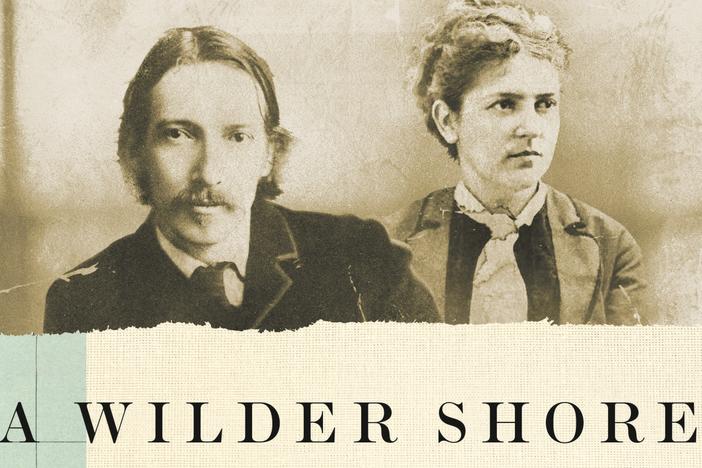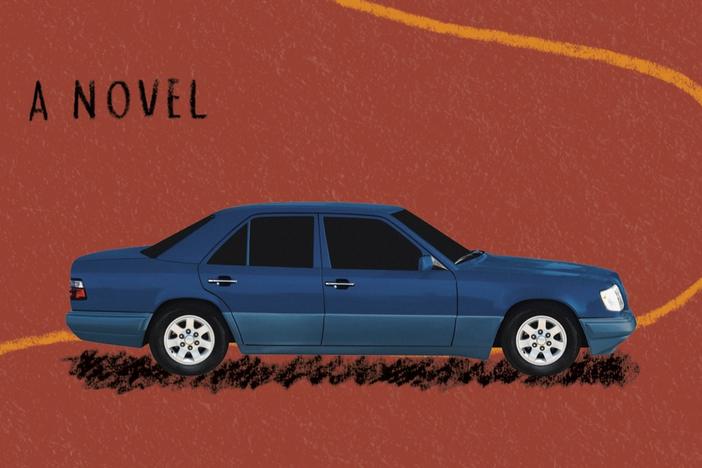Section Branding
Header Content
Frazier's 'Paradise Bronx' makes you want to linger in NYC's 'drive-through borough'
Primary Content
The Bronx? You gotta be kidding me.
That’s how I imagine a lot of people might react to the thought of reading a 500-plus-page history of the Bronx, the only borough of New York City attached to the mainland of the United States and, therefore, the drive-through borough.
As Ian Frazier writes in his new book, Paradise Bronx, the borough has been “slice[d]and dice[d]” and “almost destroyed” by interstate highways, expressways and parkways. But read the opening chapter of Paradise Bronx and I think it’s a good bet that, like a car stuck on the Major Deegan Expressway, you’ll stay put for hours, except voluntarily.
Frazier’s signature voice — droll, ruminative, generous — draws readers in. His underlying subject here is even bigger than the Bronx: It’s the way the past “bleeds through” the present. Here’s Frazier at the end of that opening chapter, describing the thrill of looking at a white wampum bead that a friend of his unearthed:
The truth of a place often is not hidden but can be seen in plain sight. Bulldoze enough dirt, slap down enough paving, and run enough traffic over the past, and you can sometimes eliminate it in one location, only to have it pop to the surface in another. I don’t know why this kind of survival fascinates me. I guess it’s connected to the idea of eternity — to the way the world might be in the mind of God, or in the nonexistent mind of the-God-who-doesn’t-exist.
In Paradise Bronx, Frazier embarks on a roughly chronological ramble through Bronx history and places. He begins with the Native peoples, whose mounds of left-behind oyster shells can still be discerned on the shore of the East River, and ends with the current revitalization/gentrification of the Bronx.
In between, Frazier vacuum-packs over five centuries of facts and stories about the Bronx. He devotes an extended section to the crucial role the Bronx played in the American Revolution and especially revels in the borough’s “boom era” of the early 20th century, when immigrants fled the jam-packed Lower East Side to “Paradise Bronx”: Streets were filled with kids playing stickball, and on every corner stood a candy store spouting forth egg creams.
During this time, Leon Trotsky, W.E.B. Dubois, and eugenicist Madison Grant -- whose racist best-seller, The Passing of the Great Race, garnered a fan letter from Adolph Hitler -- were all simultaneous residents of the borough. And, Frazier explores how, after World War II, the Bronx “would be the victim of planned destruction, aided and aggravated by indifference.”
But, let’s not skip over hip-hop, born in 1970s Bronx, during the very same time when arson fires were raging and the borough was crumbling! Frazier digs deep into hip-hop’s origins, as many other historians and critics have done, but it’s passages like this one that make Paradise Bronx the vibrant ode to the borough that it is. Here’s Frazier describing the moment in 1974 when one of hip-hop’s creators, Grandmaster Flash, heard the music of another creator, Kool Herc, for the first time at a party in the Cedar Playground in the Bronx:
Every violence that could be visited on a place, short of carpet bombing, had been visited on the Bronx. It had been burned and razed and bulldozed, and run over by highways, and blasted with dynamite. It had been disrespected and unbenignantly neglected ...
Now the Bronx was answering back. Huge machines had assaulted it; now huge speakers blasted a response. What Herc was playing was not only the loudest music Flash had ever heard, it was the loudest sound he had ever heard. ...
When I stop by Cedar Playground, as I do from time to time, there are never a lot of people there ... The traffic on the Major Deegan speeds or crawls. ... The site of Fort Number 8, the Revolutionary War fort that was built by the Americans and taken over by the British, is on a cliff above the valley. What did the fort’s cannon sound like, long ago. ... How did those cannon sound, echoing and reechoing in this canyon?
Only a poet-historian like Frazier could make me resolve to open my window and listen the next time I’m stuck on the Deegan.
Bottom Content




